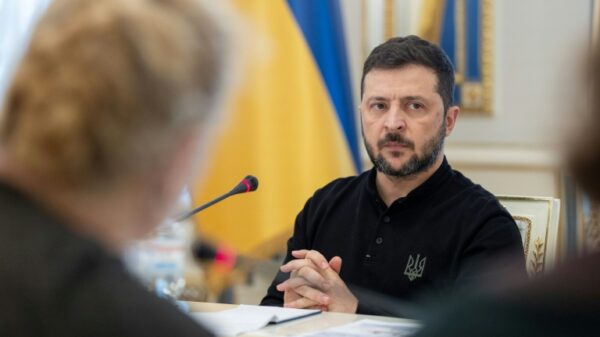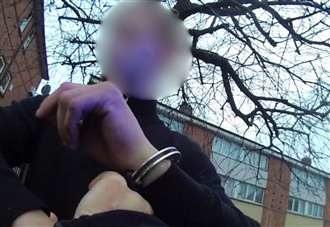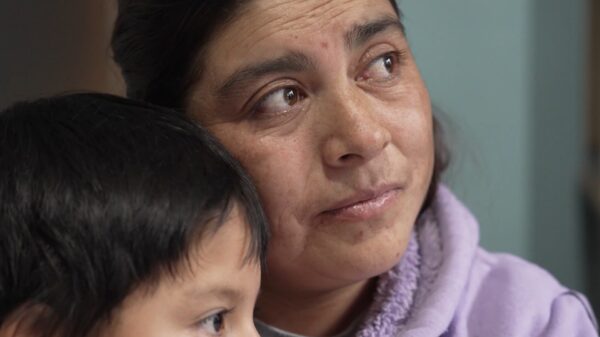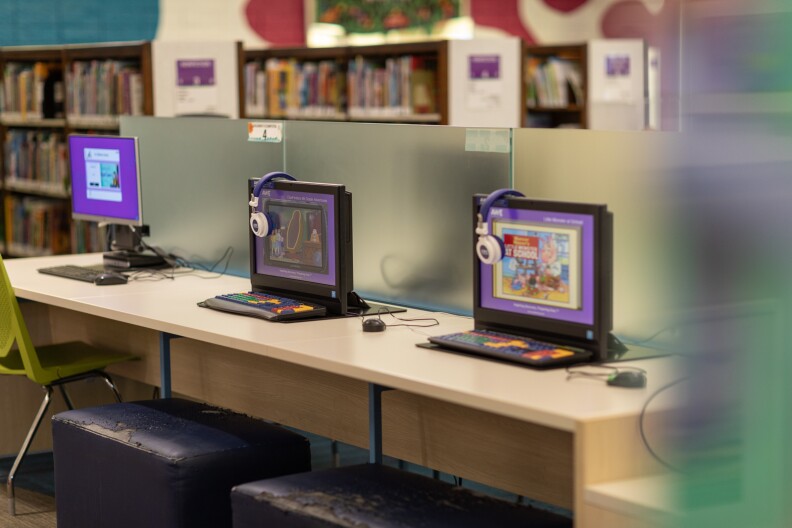L.A. County libraries are set to discontinue their digital lending services due to a recent decision by the Federal Communications Commission (FCC) to terminate assistance aimed at expanding Wi-Fi access during the pandemic. On October 24, 2023, the FCC voted to end E-Rate discounts previously provided to libraries and schools for hotspot lending and Wi-Fi services on school buses. The commission stated that these initiatives either “exceeded” or were “inconsistent” with its authority.
The immediate repercussions of this decision are significant for local libraries. According to Karol Sarkisyan, marketing manager at L.A. County Library, the cessation of E-Rate support means that the library must begin winding down its digital lending operations. Maintaining these services would incur costs of approximately $40,500 per month, an expense that the library’s current budget cannot accommodate.
Despite this setback, remaining funds from the American Rescue Plan will allow the library to continue its laptop lending program until January 2024 and hotspot lending until March 2026. Additionally, free Wi-Fi access will remain available inside library locations and within a 25-foot radius outside these facilities.
The impact of the FCC’s decision raises concerns, particularly given that a recent study indicated that around 3.5 million Californians lack access to quality internet. Sam Helmick, president of the American Library Association, emphasized the importance of internet access as a vital component of daily life. “E-Rate was a way to support the fact that broadband is not as prolific in the United States as it is in other first-world countries,” Helmick stated.
During the pandemic, the FCC enacted measures to support connectivity for students as education shifted online. Even after schools reopened, these programs remained in place, with expansions aimed at connecting more households. However, FCC Chairman Brendan Carr clarified that E-Rate funding should focus on enhancing access within classrooms and libraries, not extending to services such as school bus Wi-Fi. “A school bus is neither. We cannot simply reinterpret ‘classrooms’ to mean any place where learning might occur,” Carr explained.
The decision has drawn criticism from some quarters. Dissenting FCC Commissioner Anna M. Gomez argued that cutting these services would disproportionately affect vulnerable students, making it more challenging for them to learn. “Let me be clear, these decisions benefit no one,” Gomez asserted. “It will, however, make it harder for students to learn, harder for libraries to serve their community, and harder for us to close the digital divide.”
As L.A. County libraries navigate this transition, they face the challenge of continuing to provide essential services in an increasingly digital world. The FCC’s decision underscores the ongoing struggle to ensure equitable access to technology and internet services for all communities.







































































